Back in the USSR: Prim Soviets had show exactly like new swimsuit-free Miss America (PHOTOS)
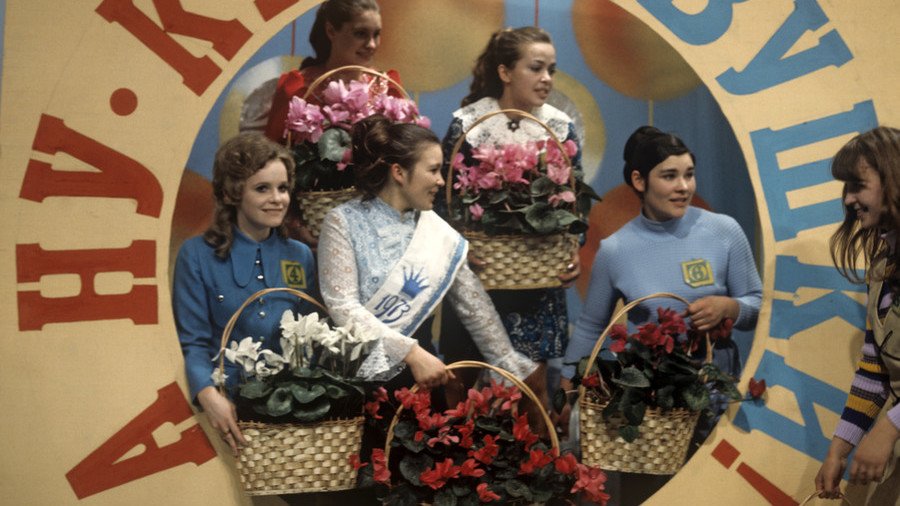
In the age of #MeToo, Miss America has dropped the swimsuit round, and now calls itself a competition, not a pageant. The new format resembles a popular Soviet show, ironically created as a chaste answer to Western decadence.
After “ushering a new era of progressiveness” this year following a sexism scandal, the 97-year-old Miss America contest, which started out as a “bathing beauty revue”, boasts it no longer judges its participants on their appearance. In the national finals, which wrapped up in Atlantic City on Sunday, the women were called “candidates” not “contestants” and had to captivate with performing skills and “social impact statements” to earn a “scholarship.” Nia Imani Franklin, a 25-year old black New York music composition graduate, was crowned as the winner.
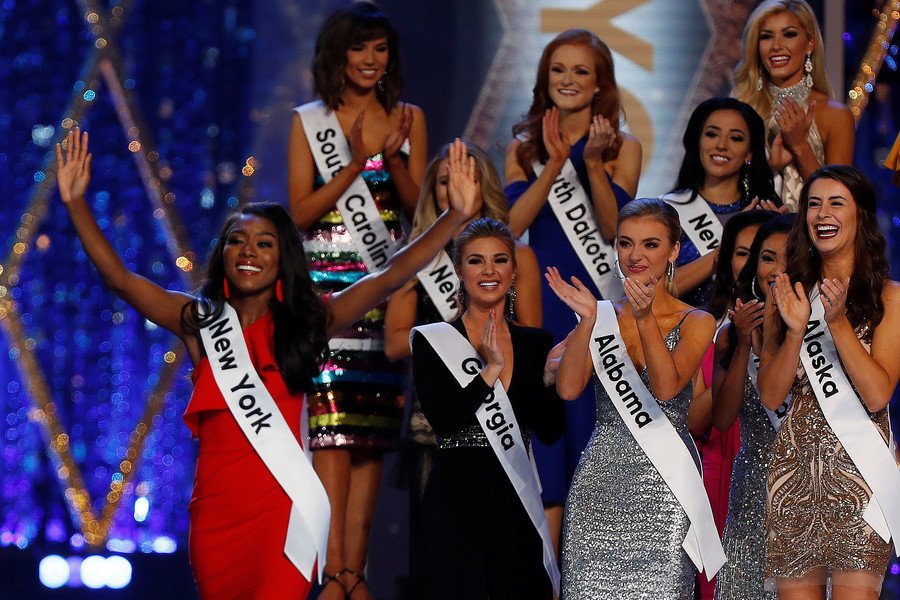
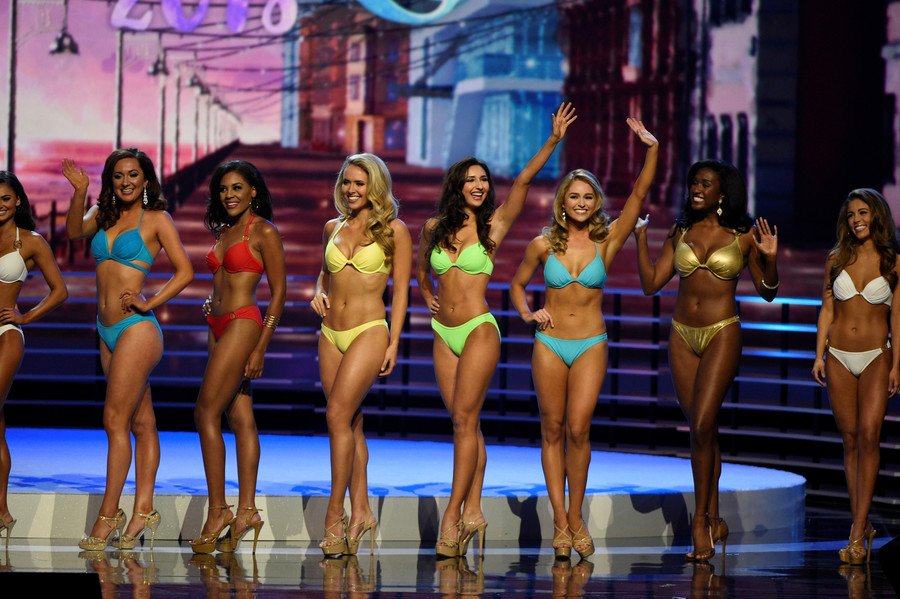
Now, go back to 1970. Even the leadership of the totalitarian USSR thought that existing television programs about women, which showed them dutifully toiling as engineers, police officers and caterers to build the perfect society of the future, were too drab.
How to make people watch? In the West, beauty pageants were in their late peak, but explicit displays of sexuality, never mind flesh exposed by a bikini were some of the ultimate taboos for Soviet television.
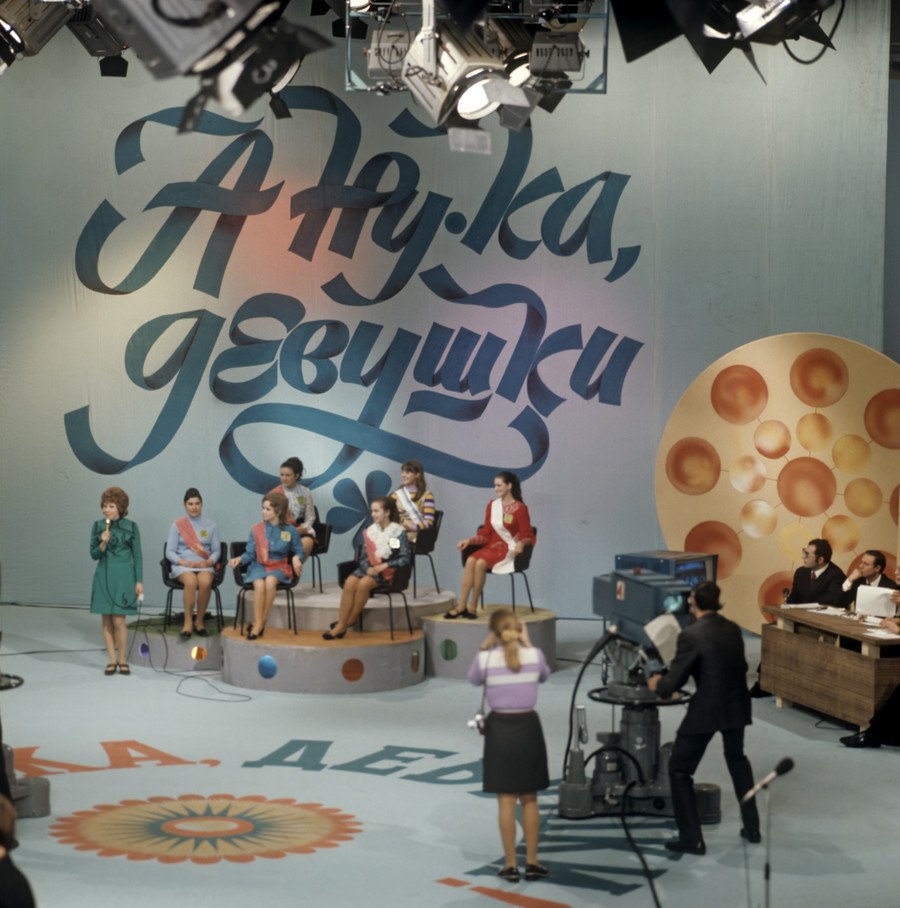
The answer: a new show in which women would compete, but not with their bodies but their minds, going through a series of competitions – some archetypally feminine, like cooking and sewing – others artistic or intellectual (though one wonders just how much scope for offense-taking these would give modern feminists).
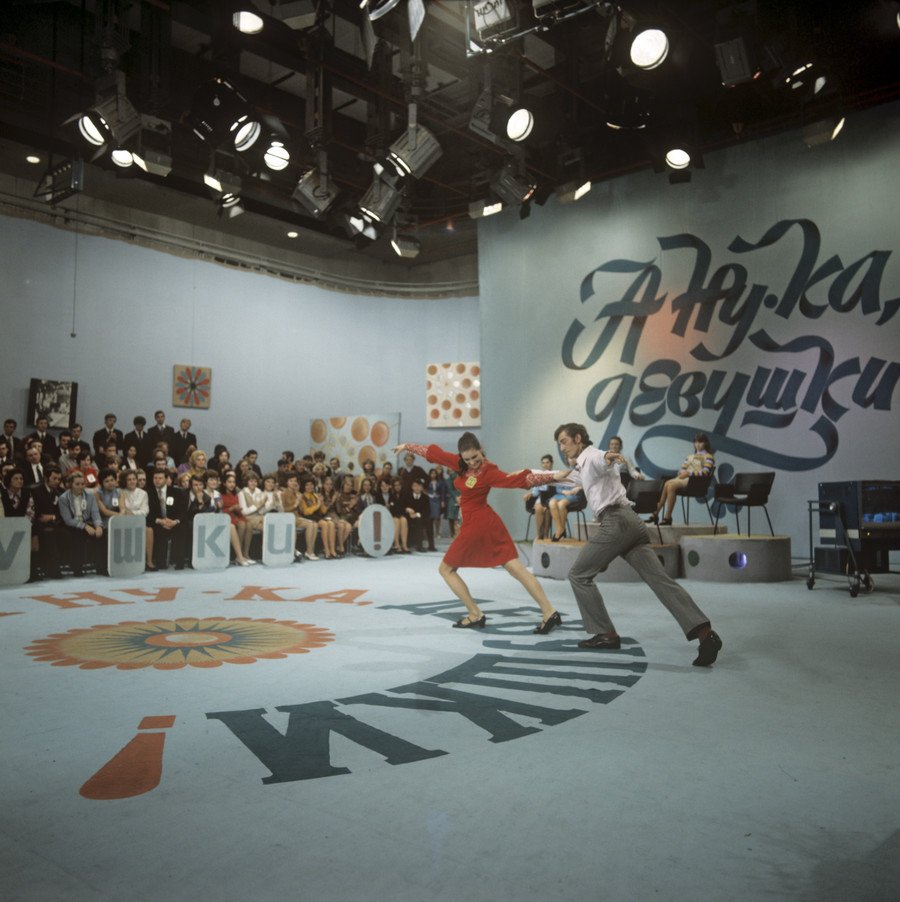
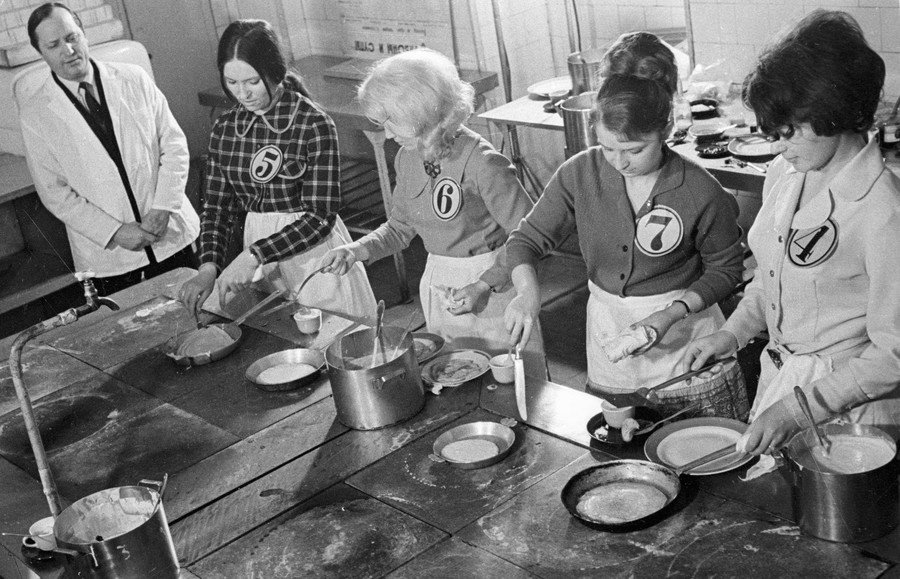
The women would be professionals – with a specific industry chosen as the pool for each year’s competition, so one year nurses would compete against each other, and in another hospitality workers.
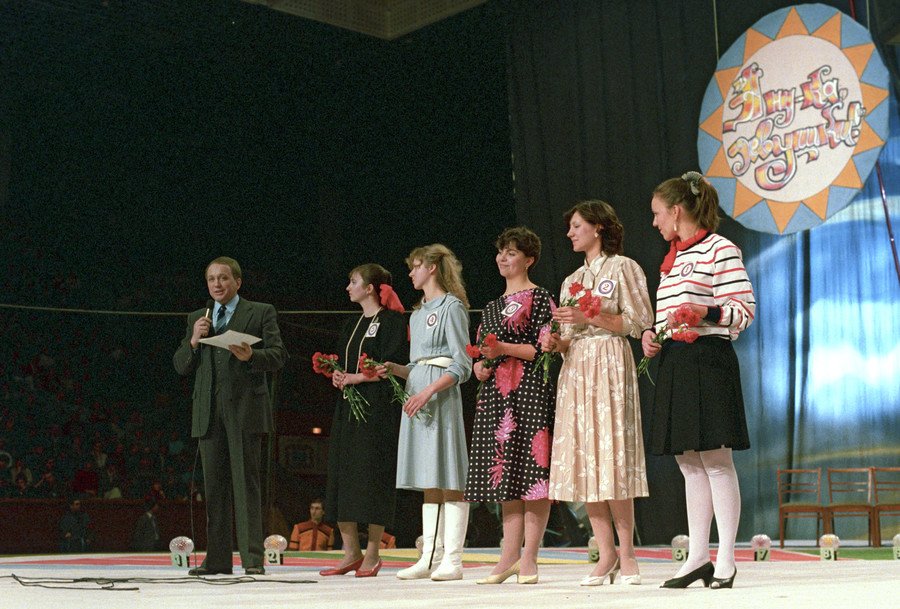
The winner would show the ideological superiority of the emancipated Soviet woman over their objectified Western counterparts.
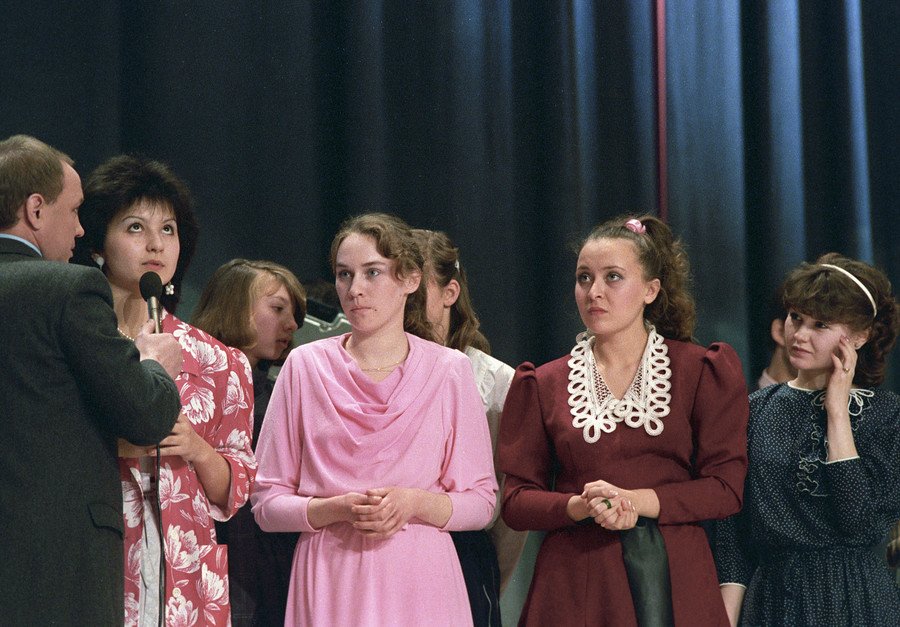
Thus, A nu-ka devushki! (loosely, "Let’s go girls!") was born. It was an immediate hit. The participants may have been unpolished, their dresses initially home-sewn, skirt lengths carefully measured for propriety, but the contest was every bit as popular as any Miss America with thousands of letters flooding the Moscow studios that produced it each year.
Perhaps, this is the level of success “Miss America 2.0” is aiming to emulate.
But so far, it has not been easy, away from Soviet Russia's media landscape. While the mainstream outlets have heaped praise on the competition, ratings were down 19 percent from last year.
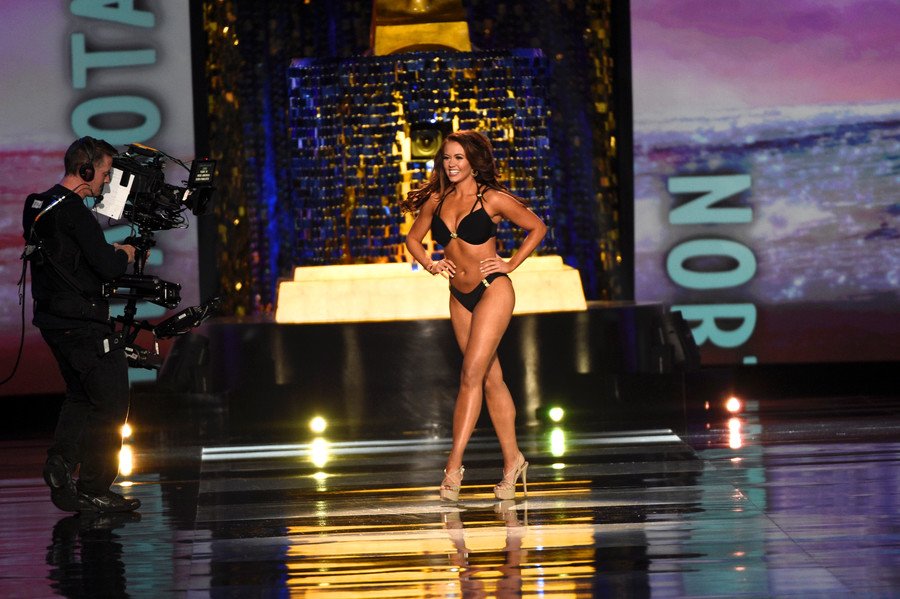
The revamped format is also under internal pressure. Last year’s winner Cara Mund has complained that she has been sidelined and disparaged by the new all-female leadership, and has filed a lawsuit. Worse than that, she has been joined in demanding their resignation, by 11 other former winners, and 46 organizers of the state-level Miss America competitions. Those had no interest in dropping the swimsuit contest, and believe that what the new organizers have called a “cultural revolution” to allow the contest to stay relevant, will in fact signal its collapse.
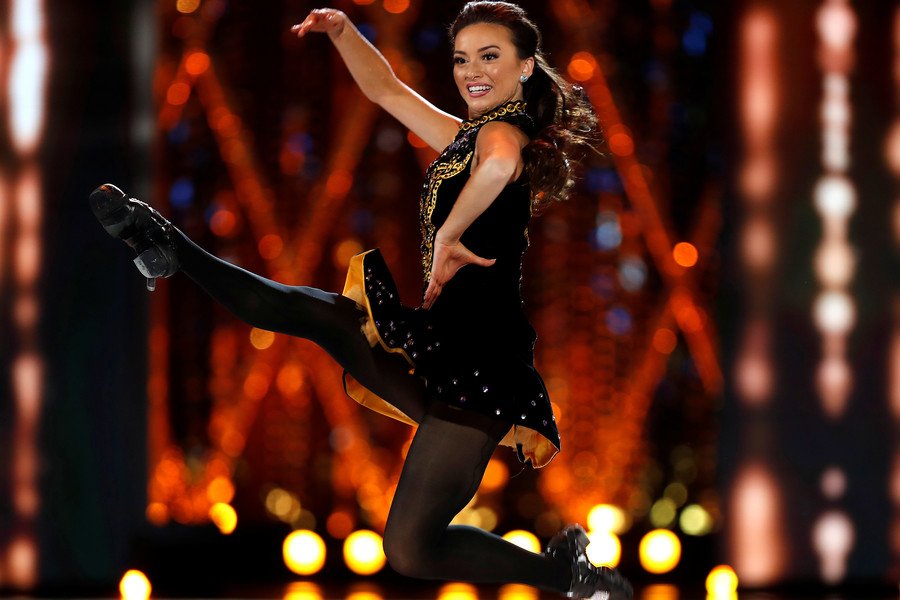
Who is right? One thing to note, while 'A nu ka devushki!' Initially prospered, once the country began to open up in the mid-1980s it was immediately dismissed as a kitsch anachronism. The last broadcast was in 1987. By 1989, the entire country was glued to watching the inaugural Miss USSR competition, swimsuits and all.
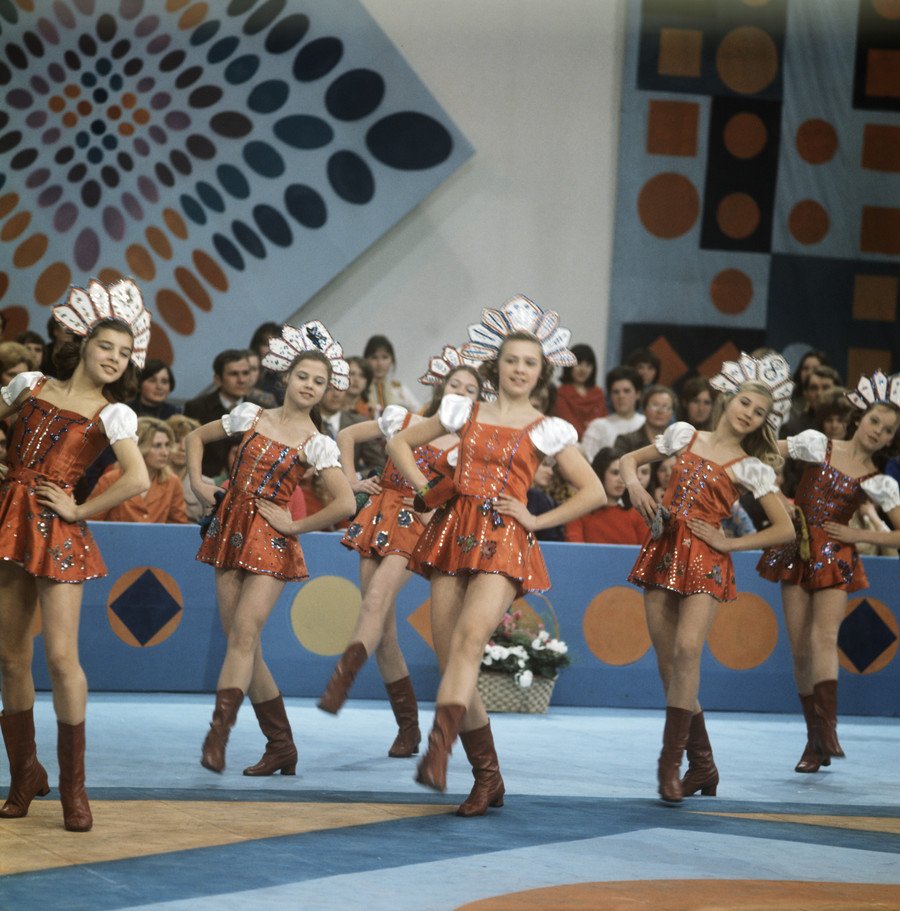
But this was three decades ago. Whether any stage competition, whether progressive or retrograde can survive in the world of dynamic reality shows and unlimited internet access to women in bikinis (or without) is the bigger question.














